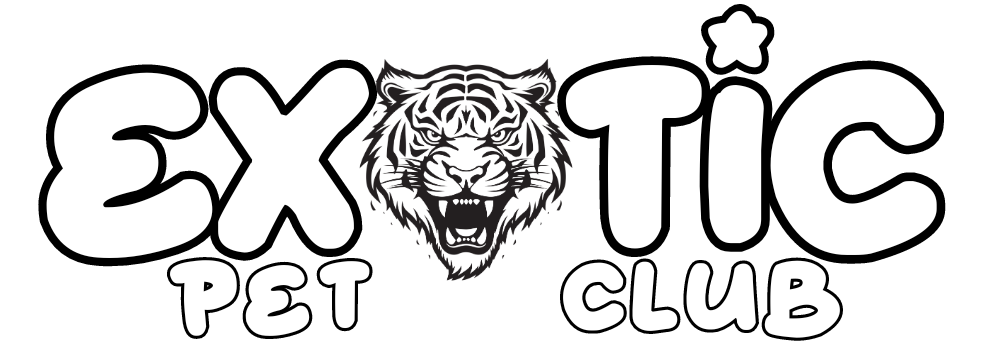Greetings, fellow Frenchie enthusiasts! The culinary needs of our adorable little pups is paramount to their well-being and development. As guardians of these precious creatures, it is our duty to provide them with the optimal nutrition for their growth and health. In this blog post, we will explore the essential dietary requirements for French Bulldog puppies and recommended feeding practices to ensure they thrive from the get-go.
Key Takeaways:
- High-quality puppy food: French Bulldog puppies should be fed a high-quality puppy food that meets their nutritional needs, including protein, fat, and essential vitamins and minerals.
- Small, frequent meals: Due to their small size and tendency for digestive issues, French Bulldog puppies should be fed small, frequent meals throughout the day to prevent bloating and other health issues.
- Avoid certain foods: It’s important to avoid feeding French Bulldog puppies certain foods that can be harmful to their health, such as grapes, chocolate, and foods high in fat.
The Early Weeks
Clearly, the early weeks of a French Bulldog puppy’s life are crucial for their development and growth. It’s important to provide them with the right nutrition during this formative time to set them up for a healthy and happy life.
Mother’s Milk and Weaning
For French Bulldog puppies in the early weeks, mother’s milk is the best source of nutrition. It’s packed with essential nutrients and antibodies that will help them develop a strong immune system. As they grow, they will start to wean from their mother’s milk onto solid food. This process usually begins around 4 weeks of age.
What to Look for in Puppy Formulas
Puppy formulas are a good option for French Bulldog puppies who are being weaned from their mother’s milk. When selecting a puppy formula, it’s important to look for one that is specifically formulated for small breed puppies and contains adequate amounts of protein, fat, and essential vitamins and minerals to support their rapid growth and development.
With French Bulldog puppies, it’s important to avoid formulas with artificial additives and fillers that could upset their sensitive digestive systems. Look for formulas that prioritize real, high-quality ingredients to give your puppies the best start in life.
Feeding Your French Bulldog Puppy
Obviously, one of the most important aspects of caring for your French Bulldog puppies is ensuring they are getting the right nutrition. A healthy diet is crucial for their growth and development, and as a pet owner, it’s your responsibility to provide them with the best possible food.
Best Foods for Optimal Growth
The first year of a French Bulldog puppy’s life is crucial for their growth and development. It’s important to feed them a high-quality puppy food that is rich in protein and essential nutrients to support their muscle and bones development. Look for puppy foods that are specifically formulated for small breed puppies, as these will have the right balance of nutrients for your French Bulldog.
Portion Sizes and Feeding Frequency
Growth is rapid during the first few months of a French Bulldog puppy’s life, so it’s important to feed them small and frequent meals to support their metabolism and energy levels. Portion sizes should be appropriate for their age and weight, and it’s best to feed them 3-4 times a day to ensure they are getting enough nutrition to support their growth.
Feeding your French Bulldog puppy the right portion sizes and frequent meals is essential for their health and well-being. It’s important to monitor their growth and adjust their feeding accordingly. Also, make sure to provide them with fresh water at all times to keep them hydrated and healthy.
Nutritional Considerations and Supplements
Your French Bulldog puppies’ diet plays a crucial role in their overall health and well-being. Providing them with the right nutrition and supplements is essential for their growth and development.
Essential Nutrients for a Healthy Puppy
The first year of a French Bulldog puppy’s life is a critical period for their growth and development. The essential nutrients they need include protein, fats, carbohydrates, vitamins, and minerals. These nutrients are important for their muscle development, immune system function, and energy levels. It is important to ensure they are receiving a balanced diet that meets their nutritional needs.
When to Consider Supplements
When your French Bulldog puppies are not getting all the necessary nutrients from their regular diet, it may be necessary to consider supplements. They may also need supplements during their growth spurts, pregnancy, or if they have certain health conditions that require extra support.
Supplements should only be used under the guidance of a veterinarian and should not be used as a substitute for a balanced diet. It is important to be cautious with the use of supplements and to ensure they are safe and suitable for your French Bulldog puppies.
Common Feeding Issues and Solutions
Keep in mind that new French Bulldog puppy owners can encounter some common feeding issues. It’s important to be aware of these problems and know how to solve them.
Managing Overfeeding and Underfeeding
To avoid overfeeding or underfeeding your French Bulldog puppies, it’s crucial to follow the recommended feeding guidelines provided by your veterinarian or breeder. Overfeeding can lead to obesity and underfeeding can result in malnutrition. It’s essential to measure the amount of food accurately and monitor your puppies’ body condition to ensure they are getting the right amount of nutrition.
Dealing with Sensitive Stomachs
Common feeding issues in French Bulldog puppies may include sensitive stomachs. It’s important to introduce new foods slowly and carefully, and avoid sudden changes in their diet, as this can cause digestive upset. Additionally, certain ingredients or additives in commercial puppy foods may not agree with their stomachs, so it’s important to pay attention to their reactions and seek guidance from your veterinarian if necessary.
It’s crucial to address any digestive issues promptly and make necessary adjustments to ensure your French Bulldog puppies are getting the right nourishment without experiencing any discomfort.
Conclusion
Upon reflecting on the needs of French Bulldog puppies, it is clear that a balanced and nutritious diet is essential for their growth and development. Ensuring that they receive high-quality protein, healthy fats, and essential vitamins and minerals will contribute to their overall health and well-being. It is important to consult with a veterinarian to determine the specific dietary requirements of your French Bulldog puppy, as each dog may have unique needs. By providing them with a diet tailored to their individual needs, you can set them up for a happy and healthy life as they grow into adulthood.
FAQ – What To Feed French Bulldog Puppies
Q: What should I feed my French Bulldog Puppy?
A: It’s important to feed your French Bulldog puppy a high-quality, balanced diet specifically formulated for puppies. Look for a puppy food that is rich in protein and contains essential nutrients for growth and development.
Q: How often should I feed my French Bulldog Puppy?
A: French Bulldog puppies should be fed 3 times a day. As they get older, you can transition to feeding them twice a day. It’s important to establish a regular feeding schedule for your puppy.
Q: Can I give my French Bulldog Puppy human food?
A: It’s best to stick to a diet specifically formulated for puppies. While it may be tempting to share your food with your puppy, many human foods can be harmful to dogs. Stick to high-quality puppy food and consult with your vet before introducing any human food into their diet.
Q: Should I give my French Bulldog Puppy treats?
A: Yes, you can give your French Bulldog puppy treats, but make sure they are specifically made for puppies and are appropriate for their age and size. Treats can be used to reinforce good behavior and as a training tool, but they should be given in moderation.
Q: Are there any foods that are harmful to French Bulldog Puppies?
A: Yes, there are several foods that are considered toxic to dogs, including chocolate, grapes, onions, and garlic. It’s important to be aware of these foods and make sure your puppy does not have access to them. Always consult with your vet before introducing new foods into your puppy’s diet.
















